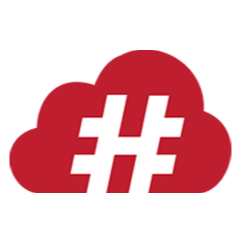What if your team’s full potential was only one decision away? With performance management tools becoming the norm, companies that still rely on manual reviews risk falling behind.
Many Malaysian businesses face hurdles like unclear performance metrics, lack of manager-employee communication, and inefficient evaluation systems. These issues limit growth and make talent development harder to achieve.
The global HR software market size was estimated at USD 16.43 billion in 2023 and is expected to grow at a CAGR of 12.2% from 2024 to 2030. The market growth is attributed to the widespread adoption of cloud-based solutions.
This guide explores 16 top-rated performance management software tools to help Malaysian managers streamline reviews, enhance accountability, and foster long-term employee growth. Stay tuned to find out which system best suits your business.
Table of Content
Content Lists

Key Takeaways
|
What is a Performance Management Tool?
A performance management tool is specialized software designed to empower organizations to monitor and enhance employee performance effectively. These tools facilitate clear goal-setting and continuous progress tracking, ensuring employees consistently align their efforts with the company’s strategic objectives.
Beyond basic goal alignment, modern HR software supports employee growth by offering tailored development plans and actionable feedback. Leveraging analytics, these corporate performance management tools provide managers with insightful data on performance trends, enabling informed decision-making that fosters a proactive workplace culture.
Additionally, robust performance management software tools strengthen organizational communication by encouraging regular dialogue between employees and managers. Application performance management tools integrate seamlessly into daily workflows, creating a transparent environment where continuous improvement becomes integral to business success.
Benefits of Using Performance Management Tools

Before investing in any performance management system, it’s important to understand its long-term value for your organization. Today, 80% of businesses use HR software to streamline people-related processes. In particular, HR tools are crucial in attracting and retaining talent, simplifying onboarding, and tracking employee performance.
These capabilities make performance management tools essential for driving business growth and improving employee satisfaction.
- Improved goal alignment: Performance management tools help ensure employee goals are closely tied to organizational objectives. This alignment drives focused efforts, increasing team efficiency and goal attainment.
- Enhanced productivity: With features like real-time feedback and automated reminders, performance management software empowers employees to stay on track. This boosts overall productivity and helps teams meet deadlines more effectively.
- Streamlined performance reviews: Performance management software tools provide structured templates that simplify evaluation processes. These tools reduce bias and save time for both employees and managers during review cycles.
- Data-driven decision-making: Corporate performance management tools offer in-depth analytics that reveal performance trends and bottlenecks. These insights enable managers to make strategic, evidence-based decisions with greater confidence.
- Continuous employee development: A performance management system supports long-term employee growth through personalized development plans and skill assessments, leading to higher engagement, retention, and workplace satisfaction.
- Increased accountability: Application performance management tools track progress against goals, holding both employees and managers accountable. This transparency promotes responsibility and a culture of continuous improvement.
- Clear KPIs for managers: Performance management software defines measurable Key Performance Indicators that reduce the need for constant supervision. Managers can focus on strategic initiatives while employees take ownership of their own progress.
- Better employee motivation: Clear objectives and structured reward systems improve employee motivation. When staff understand their targets and how to achieve them, they’re more likely to stay driven and committed.
Top 16 Performance Management Tools in 2025 for Businesses
Choosing the right performance management tool can significantly impact employee engagement, development, and operational effectiveness. Below is a curated list of the best performance management software solutions for 2025, tailored for decision-makers looking to optimize workforce performance.
1. HashMicro Performance Management Tools
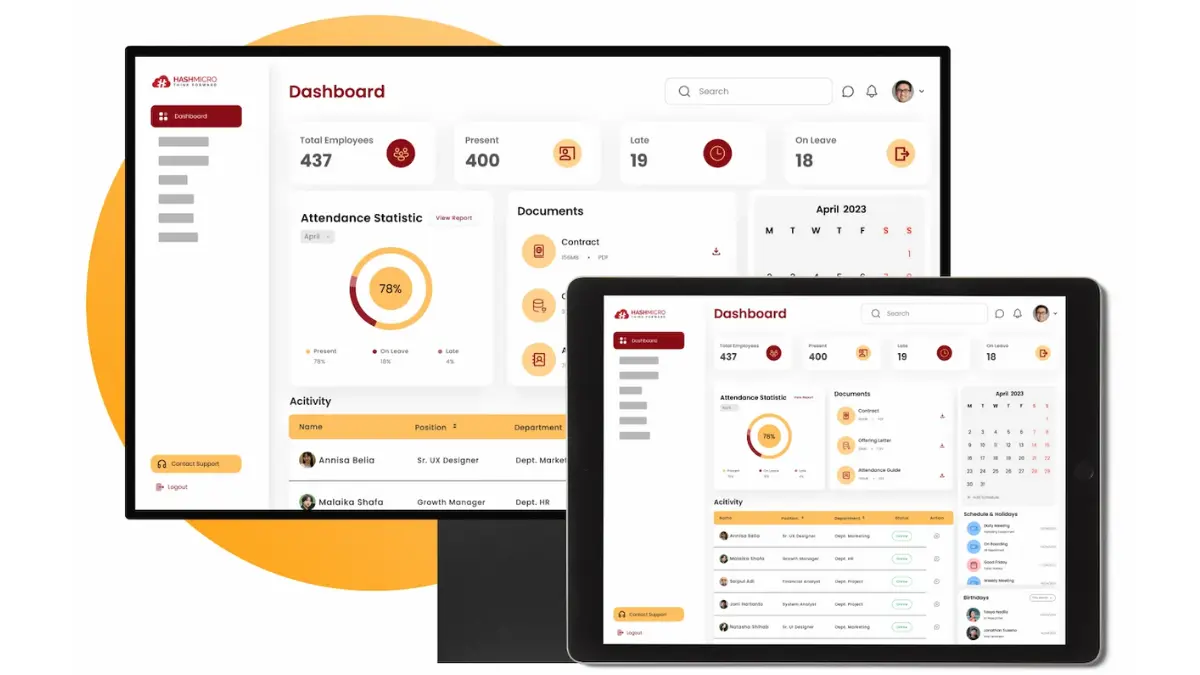
HashMicro is a leading enterprise software provider headquartered in Singapore, widely recognized for its robust ERP solutions across Southeast Asia. Since its establishment in 2015, it has gained the trust of over 1,750 businesses in the region, including many in the Philippines.
Known for its excellence in HR and accounting automation, HashMicro HRM Software also offers a powerful performance management system tailored for scalability and customization. The platform stands out with its user-friendly interface, advanced automation capabilities, and real-time performance reporting.
Seamless integration with key systems like payroll software, CRM, and ERP further enhances its value for growing organizations. HashMicro continues to attract businesses with added perks such as complimentary demos, flexible customization options, and no additional fees for extra users.
Why we pick it: HashMicro stands out for its advanced features tailored for comprehensive workforce management.
HashMicro’s best performance management tools ensure that every employee grows and is aligned with the company’s goals. As the best overall, HashMicro offers the best features, such as:
- Goal, KPI, and OKR Tracking: Tracking goals, KPIs, and OKRs ensures employees stay aligned with organizational priorities and have clear performance expectations. By setting measurable objectives in the system, managers can monitor progress in real-time—leading to greater focus, accountability, and productivity.
- 360° Appraisal (Multi-Source Feedback): 360° feedback collects input from managers, peers, subordinates, and external stakeholders for a balanced evaluation. The system consolidates anonymous insights into performance reports—helping identify blind spots and foster well-rounded development.
- Competency Gap & Match Analysis: This feature analyzes the gap between current competencies and job role requirements to reveal development needs. It works by mapping skill profiles against job standards—leading to targeted training and better job-role fit.
- Nine Box Matrix for Performance Review: The nine-box grid visualizes employee performance and potential to support talent mapping and succession planning. It uses performance data and manager input to categorize employees—making it easier to identify high performers and future leaders.
- Continuous Feedback System: Real-time feedback enables employees to receive consistent input and adjust their performance accordingly. Through built-in feedback loops and comment features, employees get immediate insights—leading to faster improvement and stronger engagement.
- Succession Planning: Succession planning identifies and prepares potential candidates to fill key roles in the future. By analyzing performance trends and development readiness, the system ensures business continuity and leadership pipeline growth.
- Employee Calibration: Calibration aligns performance ratings across departments to maintain fairness and consistency. It facilitates cross-manager evaluations using a shared framework—resulting in more objective reviews and equitable decisions.
- Employee Training & Development Plans: This feature connects performance gaps with personalized learning plans to upskill employees efficiently. It integrates with internal LMS and feedback modules—boosting competency growth and overall team capability.
- Automated Appraisal Management: Automated appraisal tools streamline the review cycle and reduce manual HR tasks. By scheduling, collecting, and processing evaluations in one place, it saves time and improves review accuracy and transparency.
- Talent Management Dashboard & Reports: Dashboards centralize performance data for better visibility into workforce trends and talent metrics. By visualizing analytics in real-time, HR teams can make strategic decisions—ultimately enhancing retention and employee performance.
| Pros | Cons |
|
|
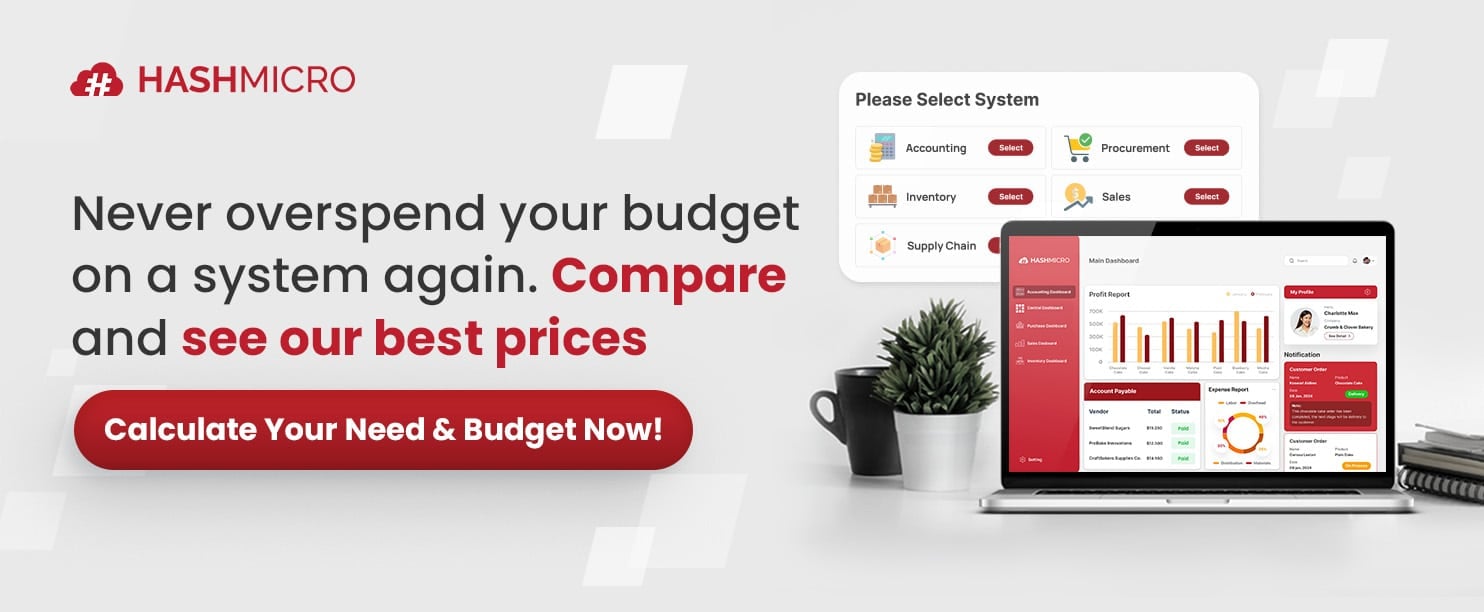
2. BambooHR
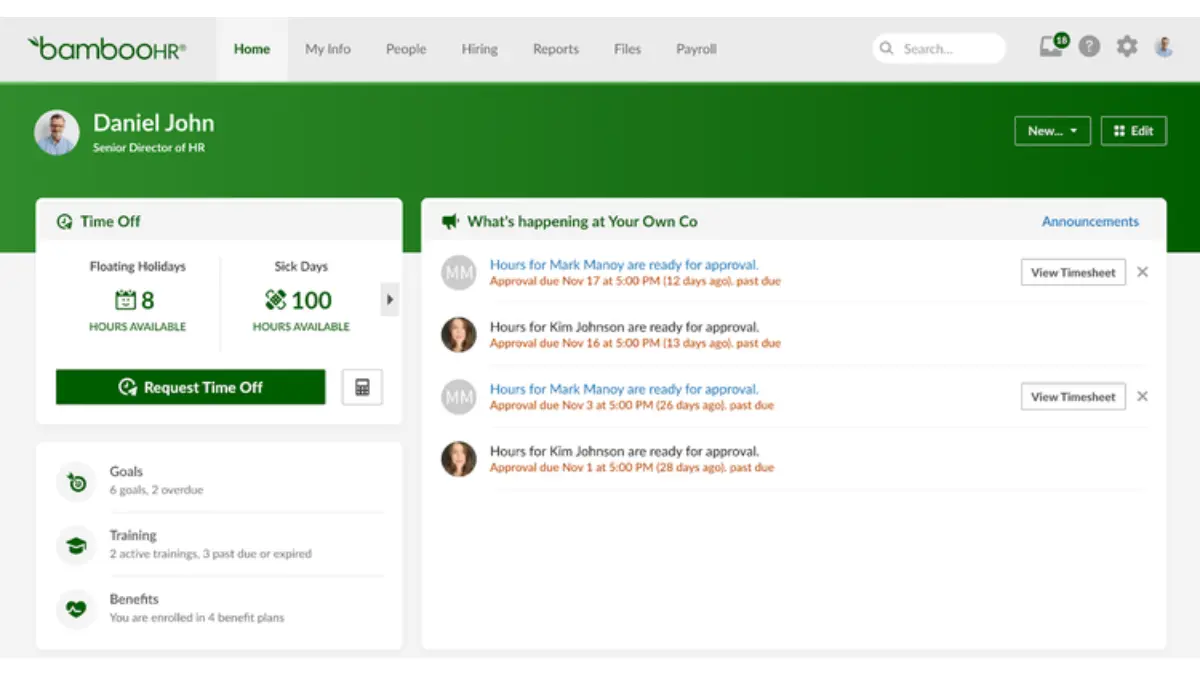
BambooHR is user-friendly, cloud-based HR software founded in 2008. It is designed for small—to medium-sized businesses and offers an intuitive performance management system that simplifies goal setting, peer feedback, and progress tracking while enhancing communication between managers and teams.
Why we pick it: BambooHR offers an all-in-one platform that simplifies performance management with a user-friendly interface.
Key features:
- Customizable performance reviews
- Goal tracking and alignment
- Peer, manager, and self-assessments
- Centralized employee data
- Integration with HR and payroll systems
| Pros | Cons |
|
|
3. Degree Feedback
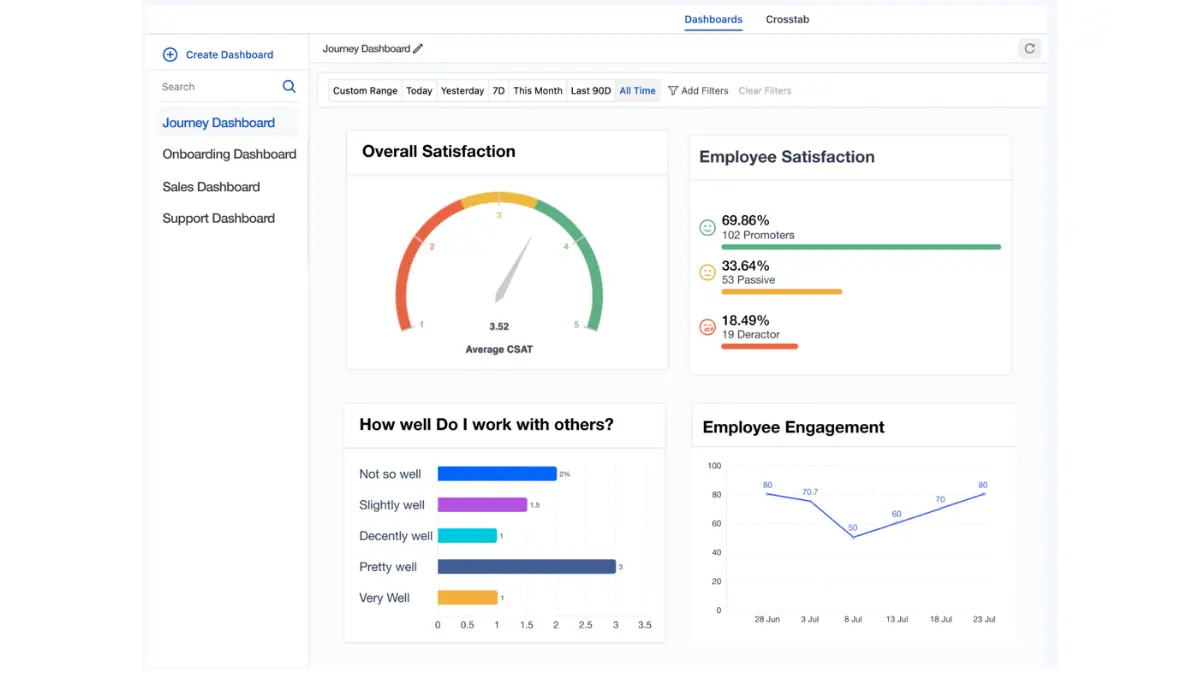
360 Degree Feedback is a performance management tool that gathers anonymous input from managers, peers, and subordinates to provide a comprehensive view of employee performance. Widely used in leadership development and talent programs, it helps identify strengths and improvement areas through user-friendly feedback tools and robust reporting features.
Reason for choosing it: Degree Feedback fosters open communication and encourages accountability at every level.
Key Features:
- Anonymous multi-rater feedback for balanced performance insights
- Customizable templates for reviews and surveys
- Leadership and competency evaluation tools
- Actionable feedback analysis with development plans
- Detailed and comprehensive reporting features
| Pros | Cons |
|
|
4. Trakstar
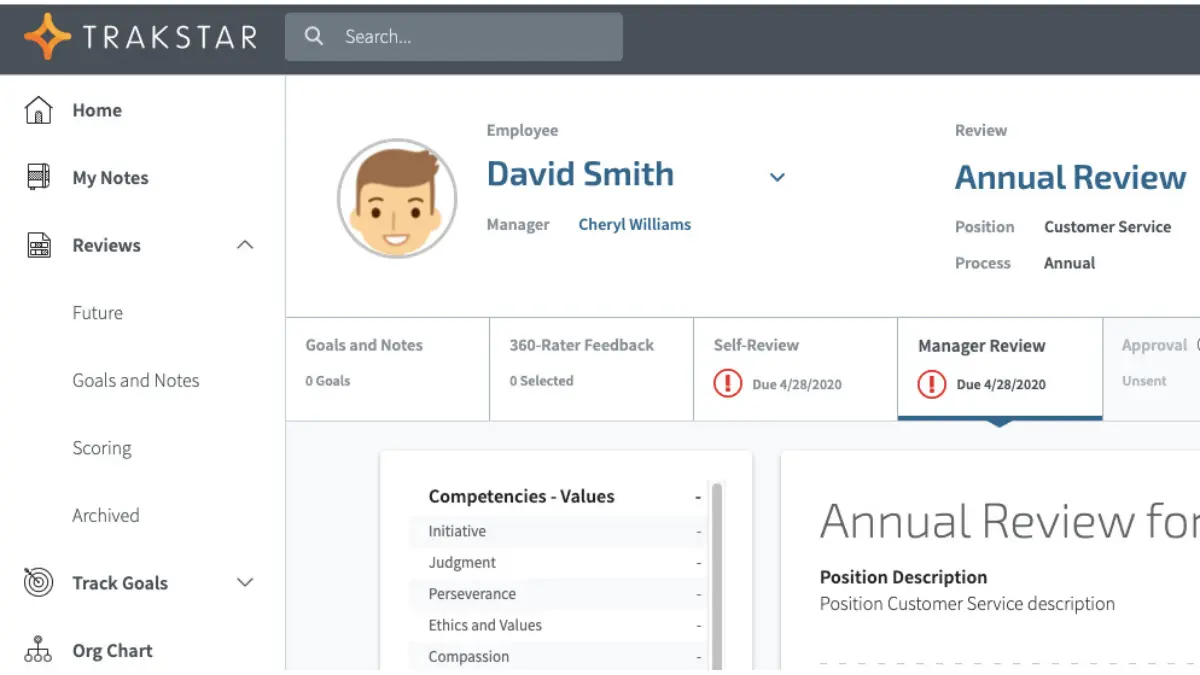
Trakstar is a cloud-based performance management software that simplifies employee evaluations through features like goal setting, real-time feedback, and customizable appraisal forms. Known for its scalability and seamless HR integration, it provides managers with actionable insights to support employee development and engagement.
Why we chose it: Trakstar stands out for its intuitive design and seamless approach to managing performance reviews and goal alignment.
Key Features:
- Customizable appraisal and performance review forms
- Goal setting, tracking, and alignment
- Continuous, real-time feedback tools
- Visual performance dashboards
- Employee engagement and development features
| Pros | Cons |
|
|
5. Engagedly Inc.
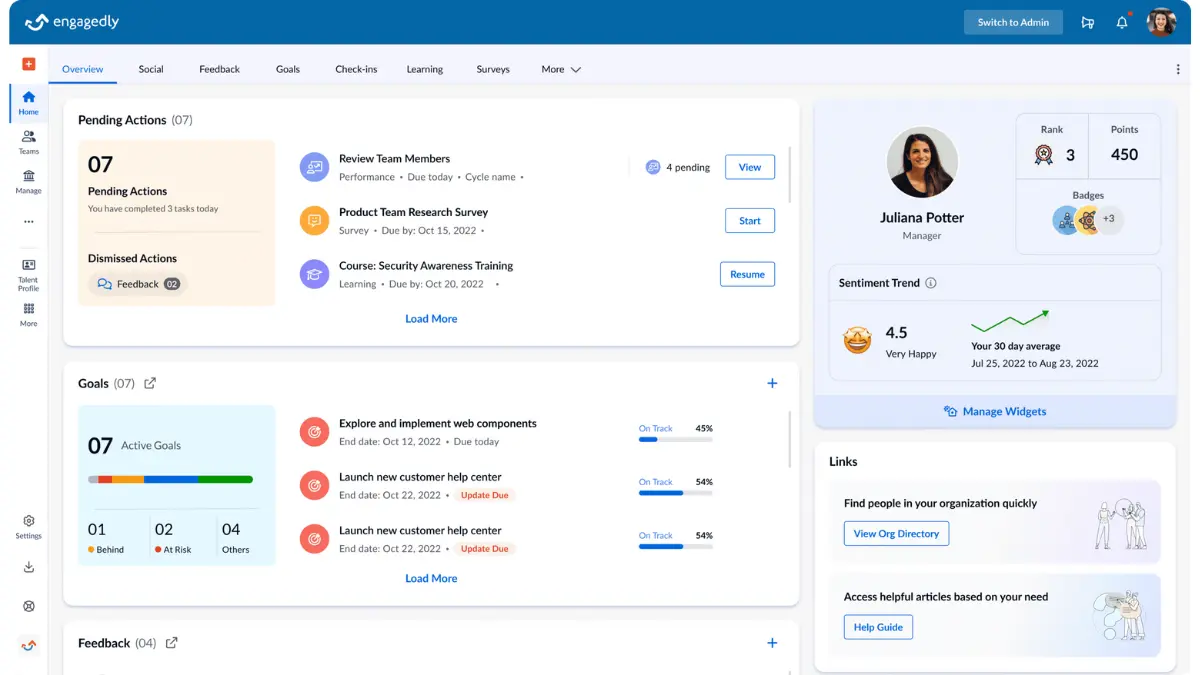
Engagedly is an all-in-one platform launched in 2014 to enhance employee performance, engagement, and development through features like OKRs, feedback, recognition, and learning modules. Known for its modern interface and employee-focused design, it also supports succession planning and 360-degree feedback to drive continuous growth and alignment with company goals.
Why we picked it: Engagedly stands out for its strong focus on employee engagement within its performance and learning platform.
Key Features:
- Goal setting and OKR alignment
- Real-time feedback and employee recognition
- Learning and development system
- Performance appraisals and competency planning
- Succession planning and talent growth
| Pros | Cons |
|
|
6. Lattice
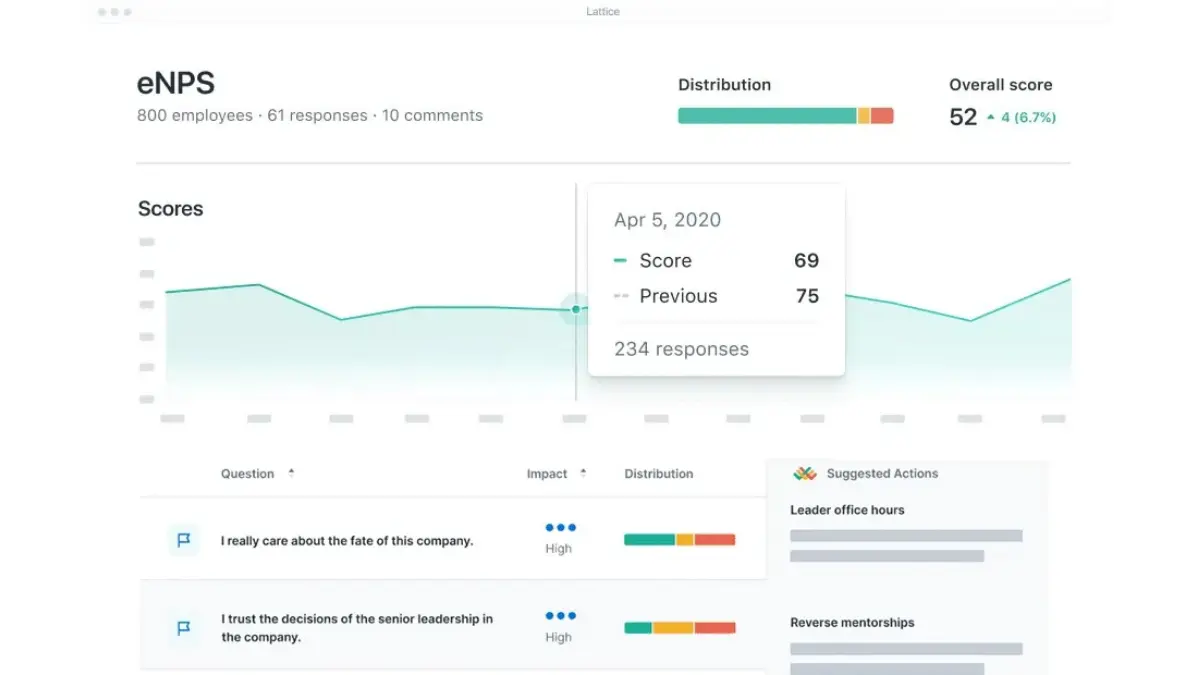
Lattice is a modern performance management and employee engagement platform that helps companies drive growth through continuous feedback, goal tracking, and transparent communication. Known for its user-friendly interface and robust analytics, it supports tools like OKRs, peer reviews, and 1-on-1s while integrating seamlessly with platforms like Slack and Microsoft Teams.
Why we pick it: Lattice provides a seamless blend of performance management and employee engagement tools.
Key Features:
- Goal setting and OKR tracking
- 1-on-1 meetings and continuous feedback
- Performance review cycles
- Employee engagement and pulse surveys
- Performance analytics and reporting dashboard
| Pros | Cons |
|
|
7. Reflektive
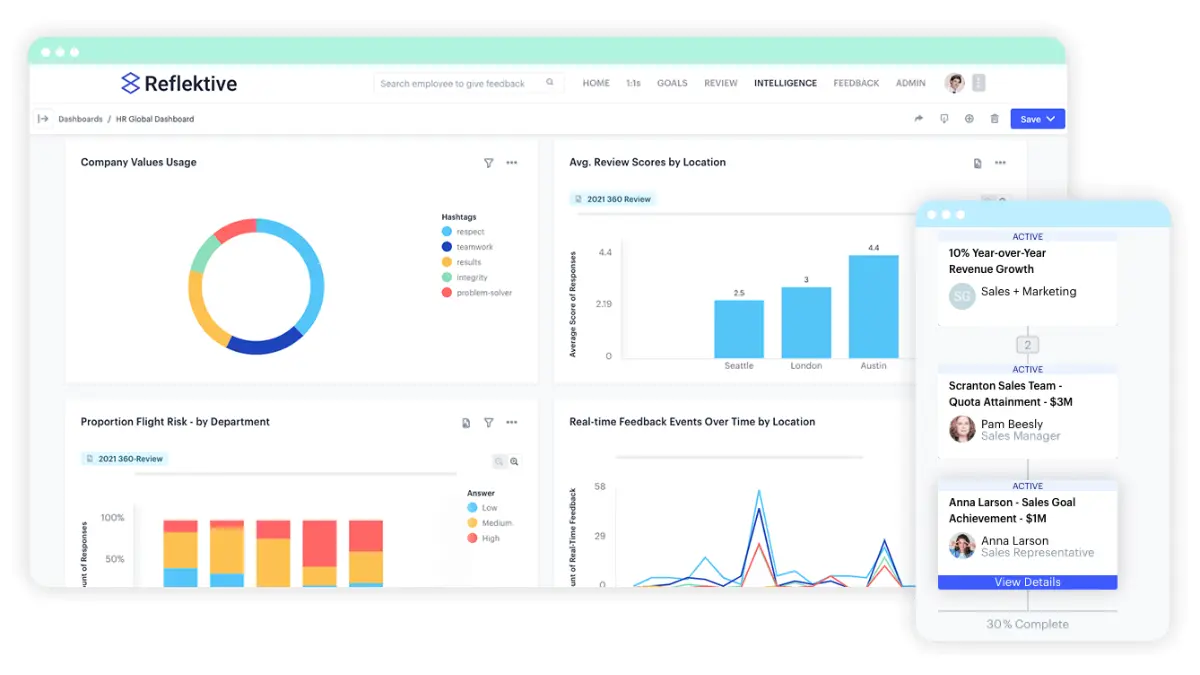
Reflektive is a continuous performance management platform that replaces traditional annual reviews with real-time feedback, check-ins, and peer recognition to drive alignment and development. Known for its user-friendly design and seamless integration with work tools, it helps businesses track goals, boost transparency, and support employee growth.
Why we pick it: Reflektive emphasizes a structured approach to aligning individual and organizational goals.
Key Features:
- Real-time feedback and peer recognition
- Simplified performance reviews
- Goal setting and alignment features
- Seamless integration with work tools and calendars
- Supports employee growth through learning and self-service features
| Pros | Cons |
|
|
8. Perform Yard
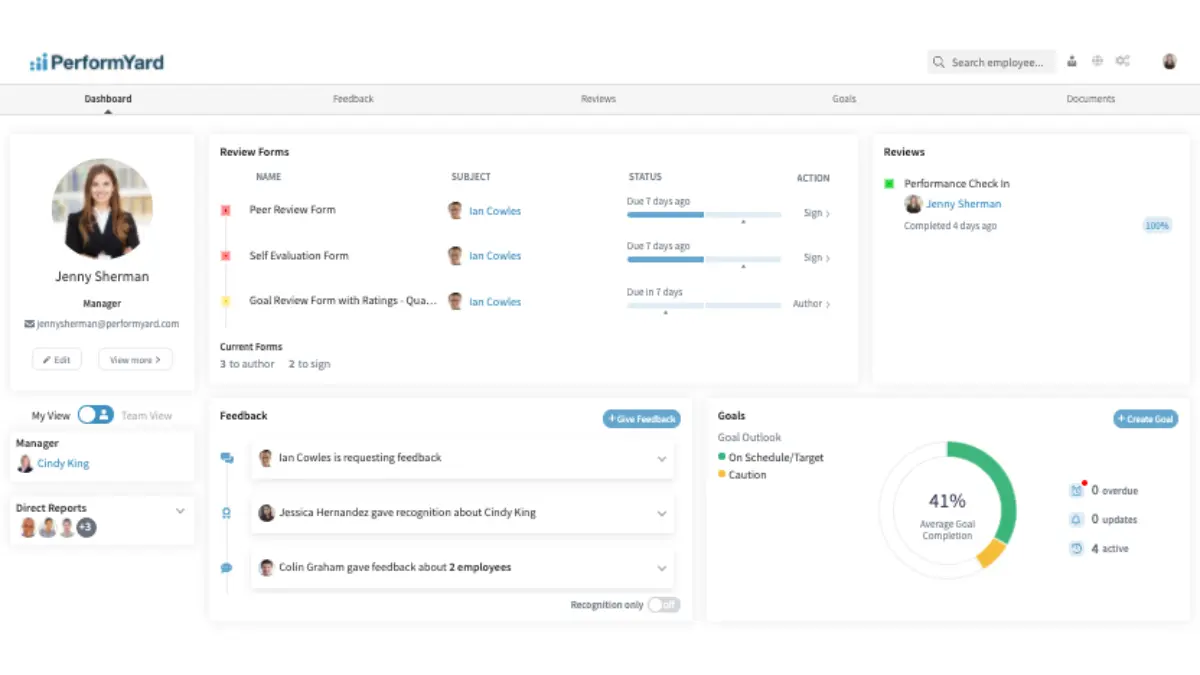
PerformYard is a customizable performance management platform that supports various review cycles—annual, project-based, or continuous—while centralizing goal setting, peer feedback, and documentation. Known for its minimal yet powerful interface, it offers robust reporting, seamless HR integrations, and flexibility to streamline complex review workflows.
Why we picked it: PerformYard stands out for its highly customizable performance review templates and robust analytics capabilities.
Key Features:
- Customizable review templates and cycles
- Continuous feedback with goal tracking
- Detailed performance history and reporting
- Integration with payroll and HR systems
- Data-driven insights to support decisions
| Pros | Cons |
|
|
9. BerniePortal
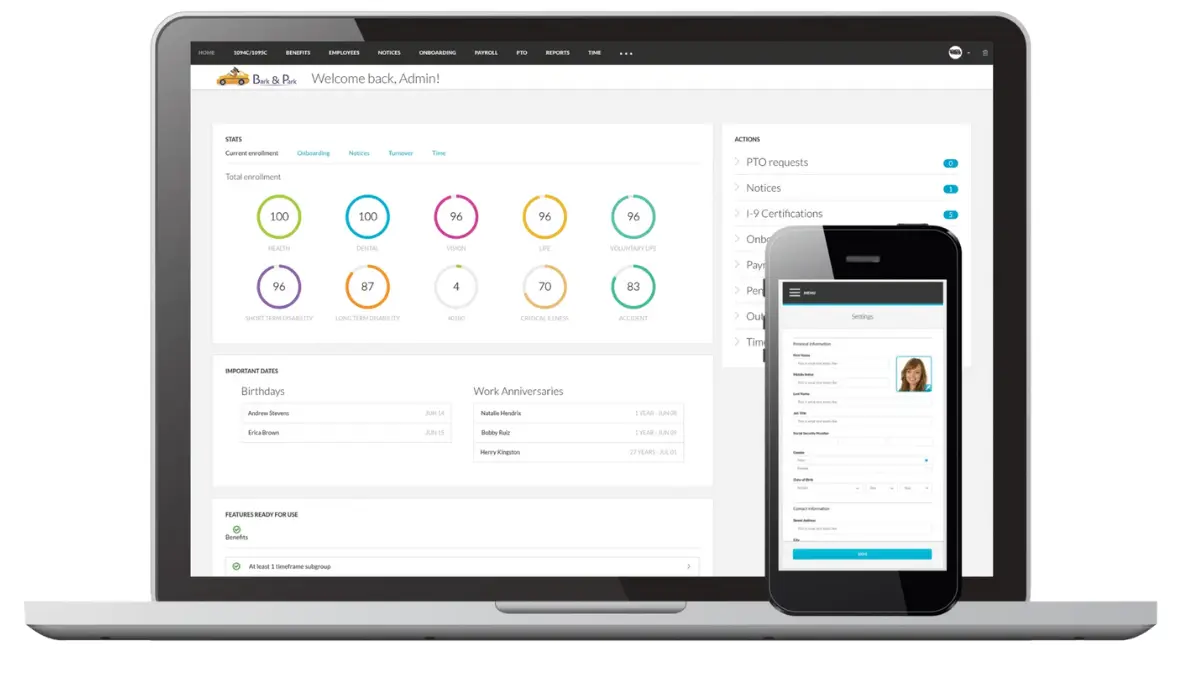
BerniePortal is a user-friendly HR platform that offers integrated performance management tools, allowing small HR teams to streamline reviews, track employee growth, and manage data in one place. While ideal for businesses seeking simplicity and alignment with development goals, it has limited advanced analytics and engagement features.
Why we chose it: BerniePortal helps align employee development with company objectives through focused training and performance reviews.
Key Features:
- Performance reviews & scheduling
- Employee records & HRIS integration
- Goal setting & tracking
- Recruitment & onboarding
- Time tracking & attendance
| Pros | Cons |
|
|
10. Leapsome GmbH
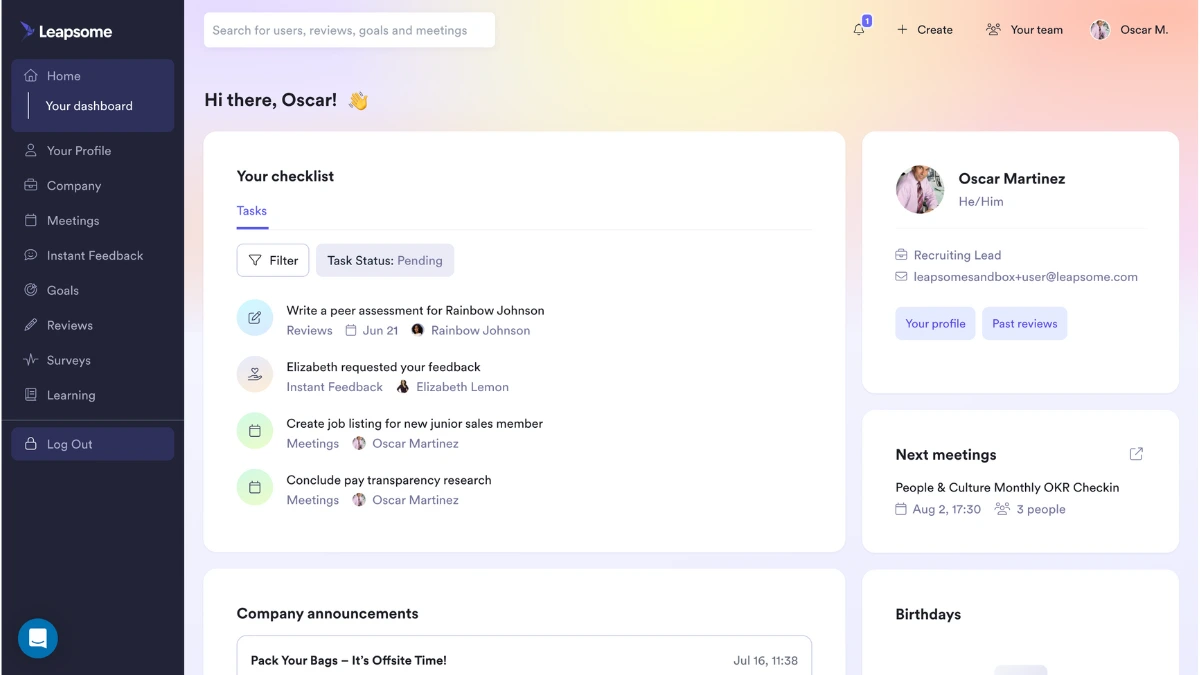
Leapsome is a Berlin-based performance management and learning platform that combines 360° feedback, OKRs, engagement surveys, and personalized learning paths to support continuous employee development. With a user-friendly interface and powerful analytics, it helps organizations foster a feedback-driven culture and make data-informed talent decisions.
Why we chose it: Leapsome unites performance management and employee engagement to deliver a comprehensive, all-in-one experience.
Key Features:
- OKR Planning & Progress Tracking
- 360° Feedback & Performance Reviews
- Employee Engagement & Pulse Surveys
- Learning Modules & Development Paths
- Continuous Performance Management
| Pros | Cons |
|
|
11. Workhuman Conversations
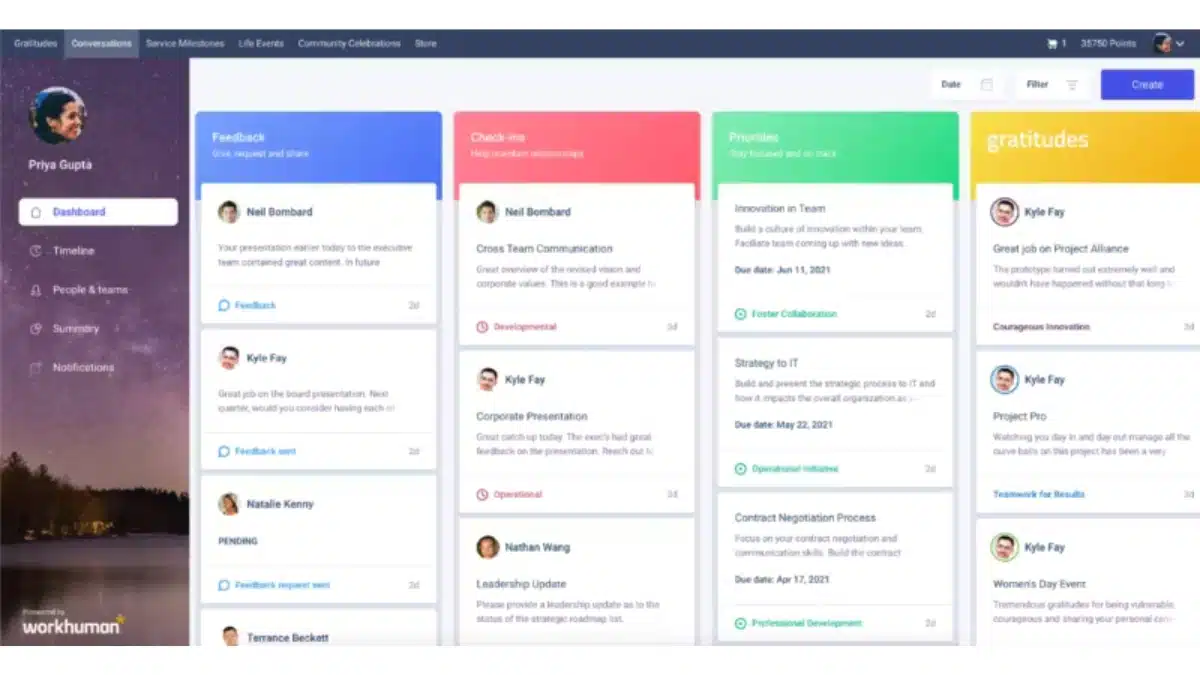
Workhuman Conversations is a performance management platform that blends continuous feedback with recognition and rewards to foster a positive, people-centric work culture. Part of the larger Workhuman suite, it promotes meaningful one-on-ones, peer appreciation, and transparent communication to boost employee motivation and connection.
Why we pick it: Workhuman Conversations integrates performance management with incentive-based programs to boost motivation.
Key Features:
- Continuous check-ins & performance conversations
- Peer recognition & praise
- Feedback tracking & management
- Engagement analytics
- Goal setting & progress tracking
| Pros | Cons |
|
|
12. 15Five
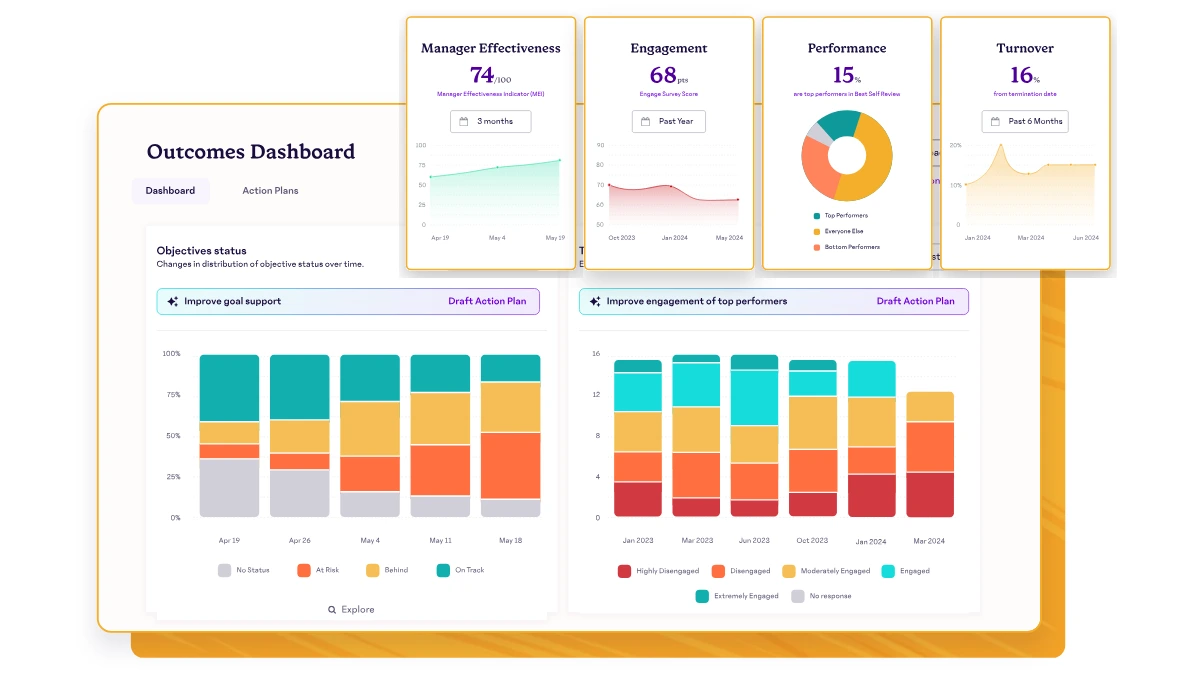
15Five is a performance and engagement platform that enables managers to build high-performing teams through weekly check-ins, OKRs, reviews, and pulse surveys. Designed for simplicity and continuous improvement, it supports goal alignment, employee development, and strong manager coaching capabilities.
Why we chose it: 15Five provides an intuitive performance management solution that emphasizes employee growth and engagement.
Key Features:
- Weekly check-ins & 1-on-1 meetings
- OKRs, goal tracking & alignment
- Engagement, recognition & feedback tools
- Performance reviews & progress tracking
- Career development & growth opportunities
| Pros | Cons |
|
|
13. Paycor
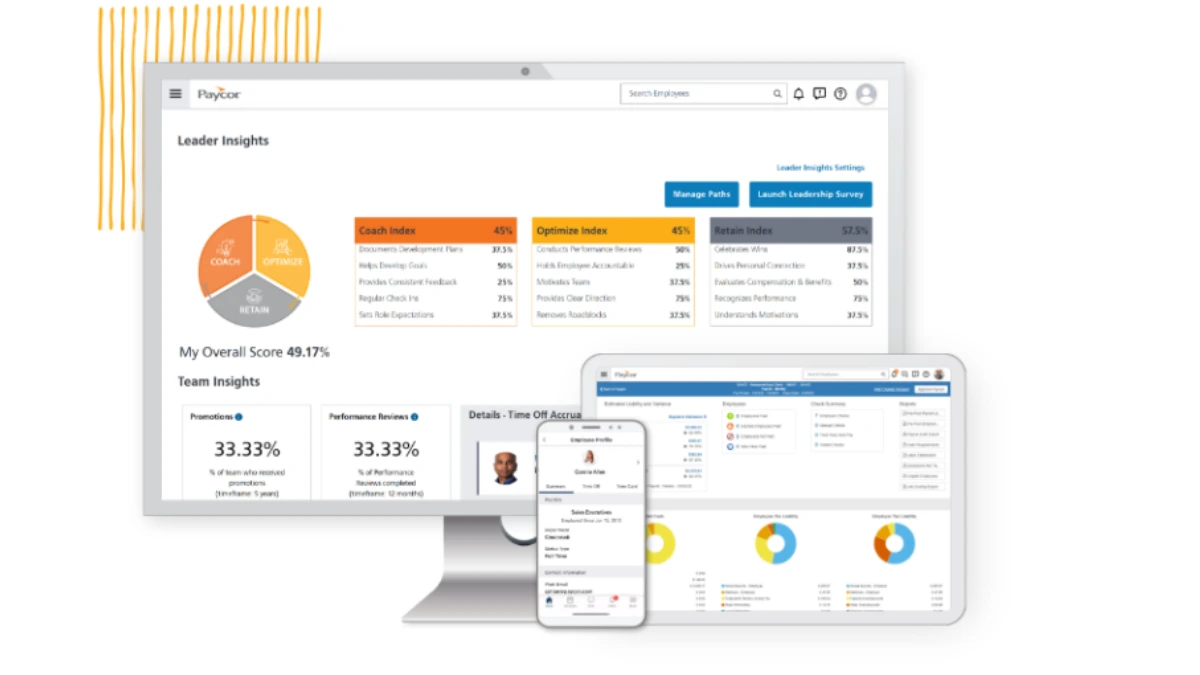
Paycor is an all-in-one HR platform that offers powerful performance management tools to help mid-sized businesses track goals, conduct reviews, and identify top talent. With strong automation, workforce planning, and analytics features, it streamlines the employee lifecycle and aligns HR strategies with business objectives.
Why we pick it: Paycor excels at combining payroll and HR functionalities with robust performance management tools.
Key Features:
- Goal setting, tracking & alignment
- Performance reviews & continuous feedback
- Succession planning
- Talent analytics
- Integrated HR & payroll management
| Pros | Cons |
|
|
14. Peoplebox
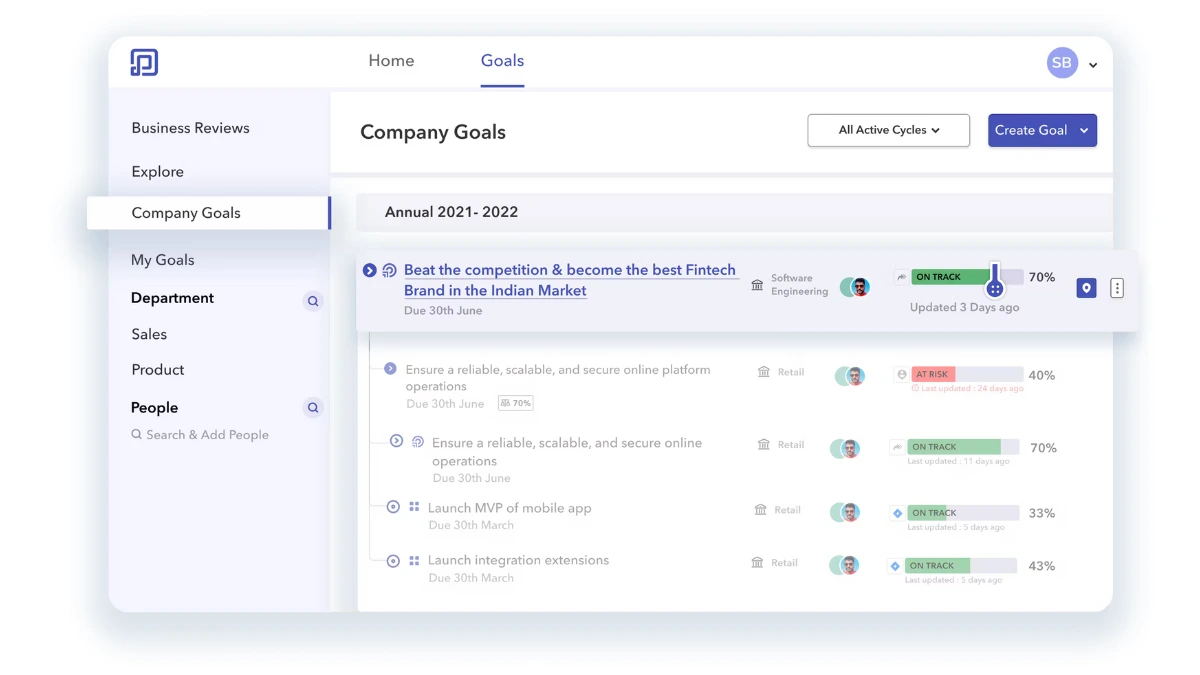
Peoplebox is a performance management platform that combines OKRs, feedback, and performance reviews to align employee efforts with strategic business goals. Designed for simplicity and fast adoption, it offers deep insights and integrates smoothly with tools like Slack and Microsoft Teams, making it ideal for remote and hybrid teams.
Why we pick it: Peoplebox integrates performance management with business intelligence for data-driven insights.
Key Features:
- Goal setting, OKRs & alignment dashboards
- Performance reviews, feedback & coaching tools
- Team check-ins & real-time progress tracking
- Integration with Slack, G Suite & BI tools
- Continuous performance improvement & insights
| Pros | Cons |
|
|
15. ClickUp
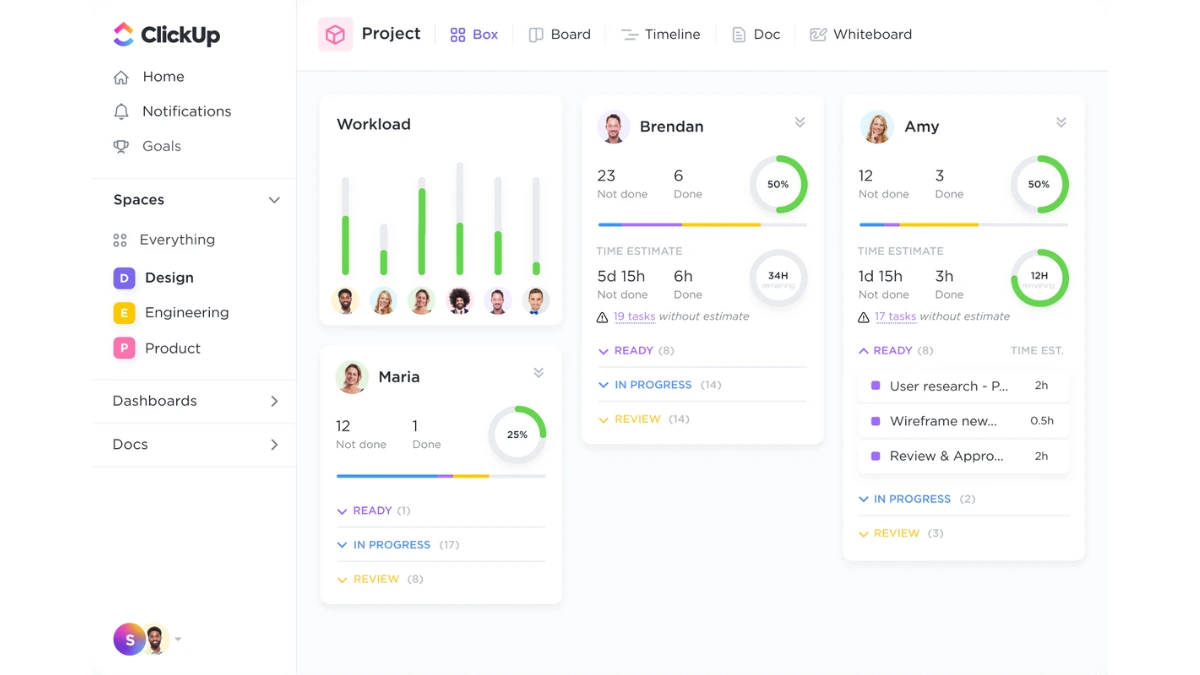
ClickUp is a versatile productivity platform that combines project management with performance tracking. It enables teams to align individual goals with broader project objectives. With features like OKRs, goal tracking, and customizable workflows, it’s ideal for businesses seeking an all-in-one tool, though its performance functions are more general than HR-focused.
Why we chose it: ClickUp integrates project management and performance tracking into a single, versatile platform.
Key Features:
- Goal Alignment & Tracking
- Custom Dashboards & Analytics
- Task Management Linked to Performance
- Ongoing Performance Reviews
- Third-Party Tool Integrations
| Pros | Cons |
|
|
16. AssessTEAM
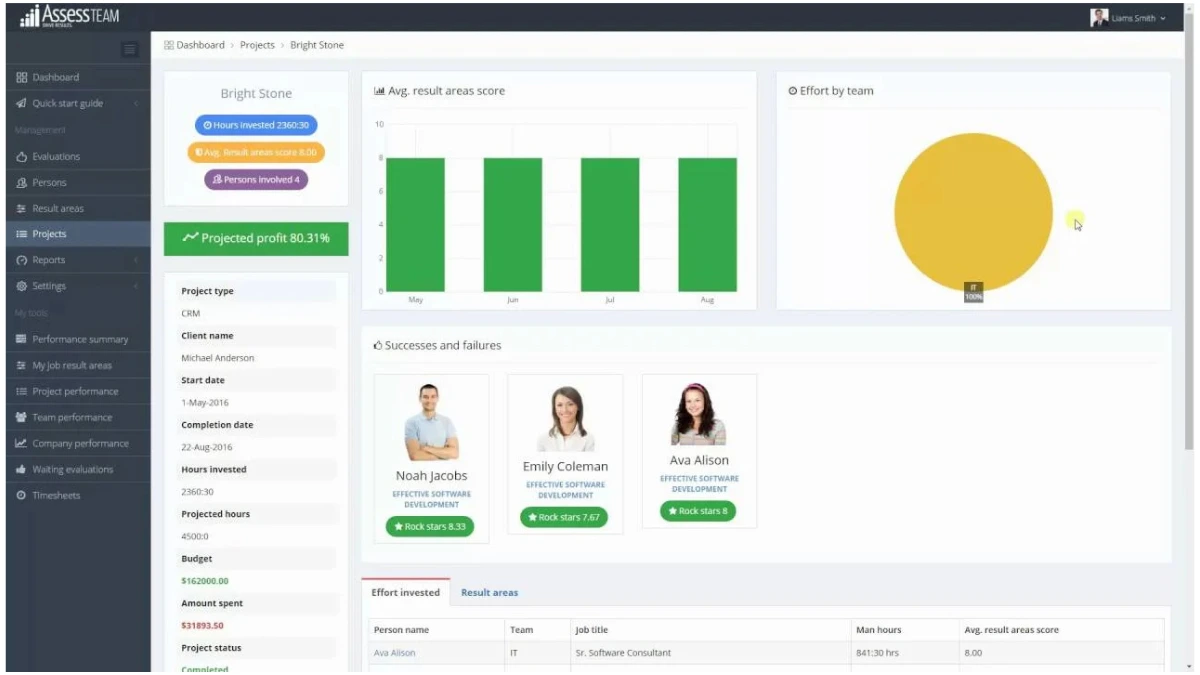
AssessTEAM is a cloud-based performance management tool that uses multi-source feedback and real-time data to provide a balanced view of employee performance. With features like goal tracking, project evaluations, and ROI-focused reporting, it helps managers align individual contributions with business objectives—especially useful for distributed teams.
Why we chose it: AssessTEAM provides a well-rounded solution for collecting feedback from various stakeholders.
Key Features:
- Goal & KPI Monitoring
- Competency-Based & 360° Reviews
- Real-Time Feedback & Insights
- Performance Reports & Analytics
- ROI & Cost Analysis Tools
| Pros | Cons |
|
|
How to Choose Application Performance Management Tools

Choosing the right application performance management tools ensures long-term efficiency and compliance. A poor choice can lead to wasted investment and tools that do not support business needs.
- Identify your organization’s needs: Understand your business’s performance challenges. This will ensure that the chosen performance management system aligns with your goals and workflows.
- Look for core functionalities: Evaluate key features such as real-time tracking, goal setting, and intuitive dashboards. The best performance management software tools offer a balance of usability and depth.
- Check integration capabilities: Your chosen performance management software should easily integrate with existing HR systems and business applications. Seamless integration avoids data silos and enhances workflow efficiency.
- Ensure local compliance: Corporate performance management tools must comply with local labor and data regulations for businesses in the Philippines. Choosing a vendor familiar with local standards reduces legal and operational risks.
- Assess scalability: Select a performance management software that grows alongside your business. A scalable solution supports expanding teams, departments, and evolving performance strategies.
- Consider user experience: Application performance management tools should be easy for managers and employees. A user-friendly design promotes adoption and consistent usage across teams.
- Research vendor reputation: Before committing, look for case studies, user reviews, and customer success stories. These resources provide real-world insights into how performance management tools function in practice.
- Compare pricing and value: Review pricing structures to ensure they match your budget without sacrificing critical features. A well-priced performance management system delivers both value and functionality.
Conclusion
Performance management tools play a critical role in helping businesses improve employee efficiency and drive goal alignment across teams. By leveraging the right system, organizations can create a more structured, transparent, and results-oriented work environment.
For businesses in the Philippines looking for a proven solution, HashMicro’s HRM software delivers all the essentials—from real-time feedback and KPI tracking to automated appraisals and competency evaluations. Designed for scalability and ease of use, HashMicro helps you streamline performance reviews, foster employee growth, and drive long-term business success.
Experience the difference yourself—sign up for a free demo today and see how HashMicro can transform your performance management process.
